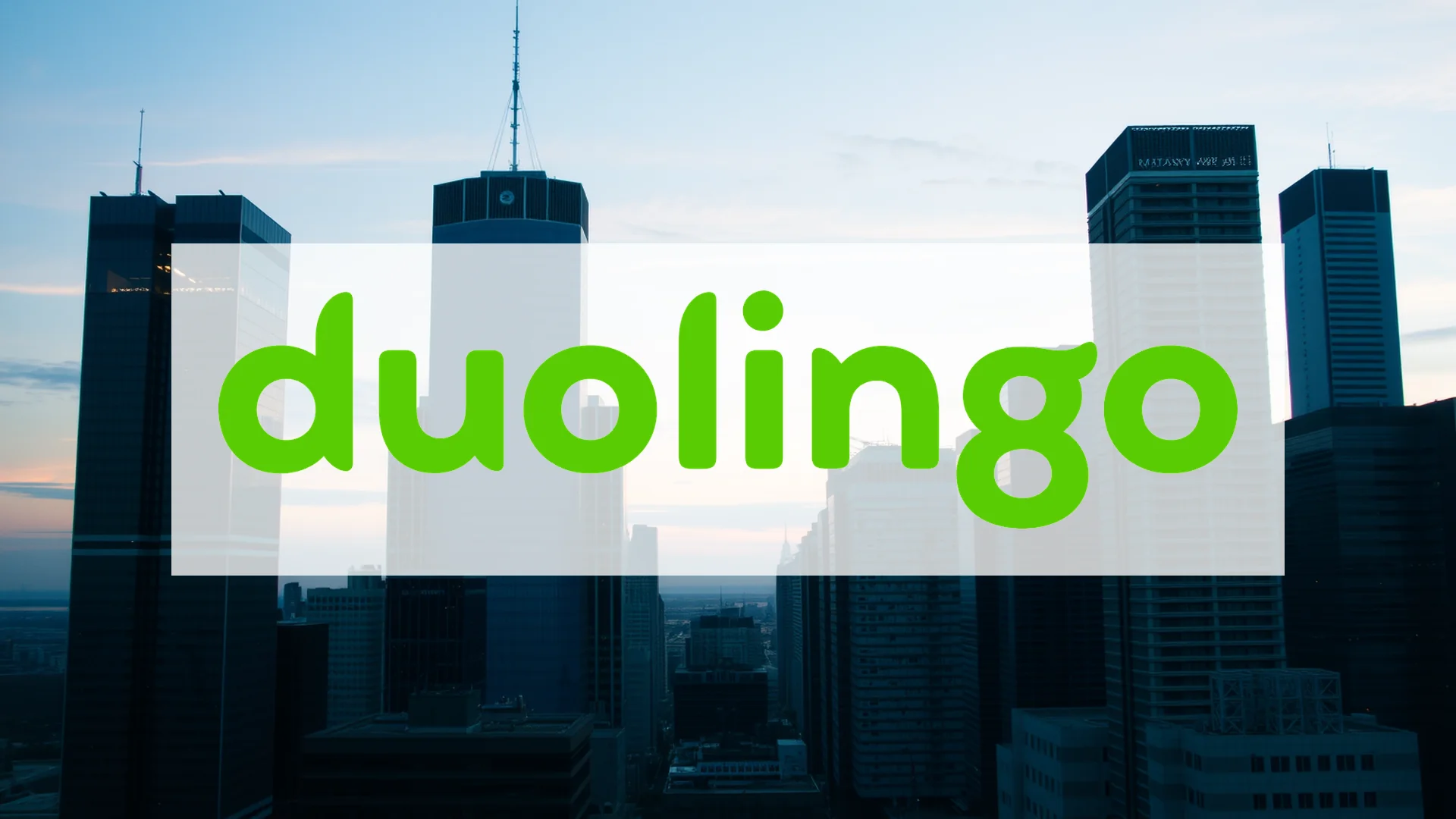A fascinating tug-of-war is unfolding in the markets for the shares of language-learning platform Duolingo. As major financial institutions build substantial stakes, the company’s own senior executives are cashing out millions in stock. This clash of convictions between external confidence and internal caution is reaching a critical juncture, with upcoming quarterly results poised to determine which side has accurately assessed the company’s trajectory.
The Stakes Ahead of the Earnings Report
The moment of truth arrives after the market closes on Wednesday, when Duolingo is scheduled to report its third-quarter earnings. Market researchers are forecasting earnings of $0.72 per share, with revenue expected to hit $260 million. This financial disclosure is widely anticipated to set the directional tone for the stock in the months to come, providing concrete evidence to either validate the institutional optimism or confirm the insider skepticism.
A Tale of Two Investment Strategies
On one side of this divide stands a clear vote of confidence from heavyweight investors. The investment firm Jennison Associates LLC dramatically increased its stake in the second quarter, boosting its position by a substantial 171.4 percent. This move brings the total value of its holdings to $1.74 million. In a similar show of faith, Oppenheimer Asset Management established a new position, acquiring shares worth $437,000. These significant acquisitions by established players underscore a strong institutional belief in the education technology sector’s potential.
Contrasting sharply with this external bullishness, Duolingo’s internal leadership has been actively reducing its exposure. The company’s Chief Financial Officer, Matthew Skaruppa, executed a sale of shares valued at over $3.4 million in late August, decreasing his personal holdings by more than 20 percent. This was part of a broader trend, with insiders collectively divesting approximately $26.5 million in stock during the last quarter.
Should investors sell immediately? Or is it worth buying Duolingo Registered (A)?
Operational Performance and Market Uncertainty
Supporting the investment case is a company that has recently demonstrated impressive operational strength. Duolingo’s second-quarter performance surpassed all expectations, delivering a profit of $0.91 per share and achieving robust revenue growth of 41.5 percent.
However, expert opinions on the company’s future prospects remain deeply divided, reflecting the uncertainty that has clouded the stock. Needham & Company maintains a bullish “Buy” recommendation with a price target of $460, while Wells Fargo & Company advises caution with an “Underweight” rating and a far more conservative target of just $239. Citigroup, although it recently reduced its price target to $375, continues to uphold a “Buy” recommendation. This analyst disagreement has been mirrored in the stock’s recent performance, which shed over 13 percent last week alone and has been trending downward since the start of the year.
All eyes are now on the imminent earnings release to determine whether the institutional optimism is well-founded or if the insider sales were a prescient signal.
Ad
Duolingo Registered (A) Stock: Buy or Sell?! New Duolingo Registered (A) Analysis from February 8 delivers the answer:
The latest Duolingo Registered (A) figures speak for themselves: Urgent action needed for Duolingo Registered (A) investors. Is it worth buying or should you sell? Find out what to do now in the current free analysis from February 8.
Duolingo Registered (A): Buy or sell? Read more here...










